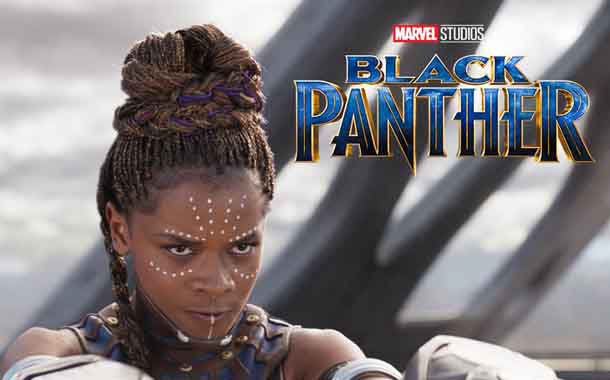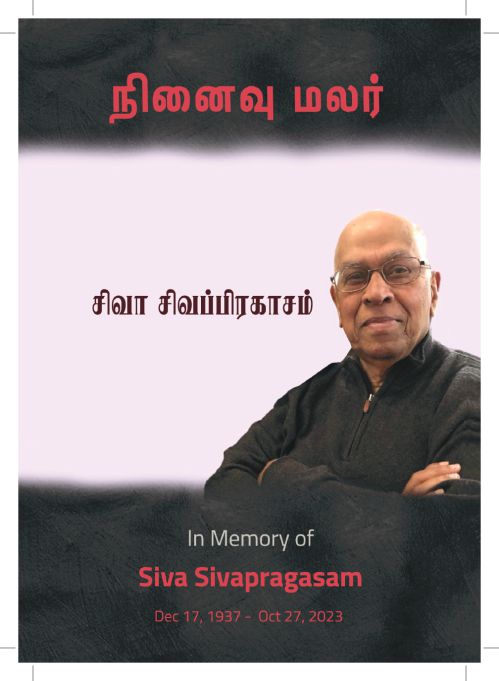After watching the film, Black Panther, one cannot help but obtain the urging to cross their forearms over their chest and exclaim with great enthusiasm, ???Wakanda Forever!??? The film, overall, was an 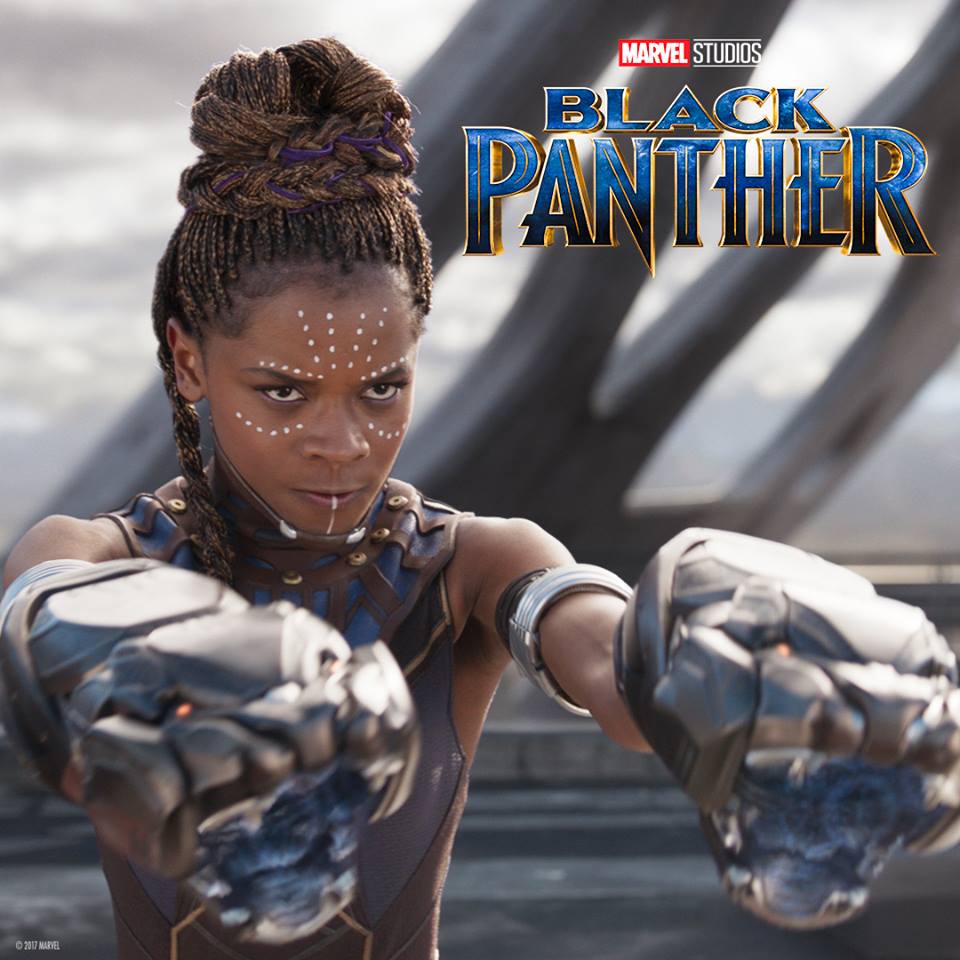 exciting and modern outlook on Africa and black culture with its story, action, story, music, and humor. It is the latest installment released by Marvel Studios within the Marvel Cinematic Universe (MCU), along with being the first in the series to feature a black superhero as the lead character with a predominantly black cast.
exciting and modern outlook on Africa and black culture with its story, action, story, music, and humor. It is the latest installment released by Marvel Studios within the Marvel Cinematic Universe (MCU), along with being the first in the series to feature a black superhero as the lead character with a predominantly black cast.
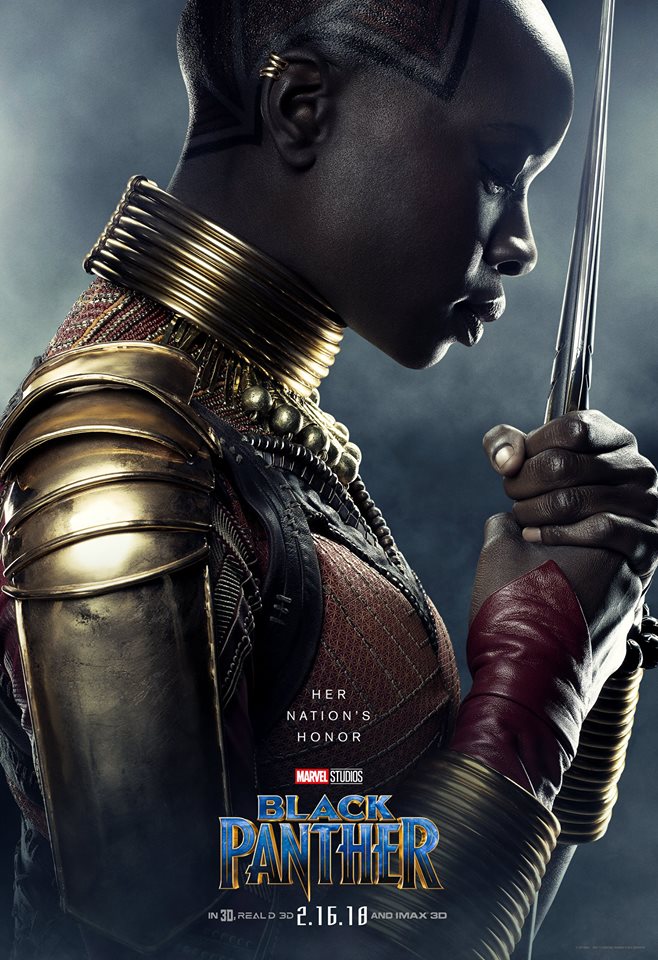
It follows T???Challa, played by actor Chadwick Boseman, the soon-to-be King of the fictional African nation of Wakanda, a country that from outsiders may be contrived as a typical poor one on the continent, is highly advanced because of its abundance of a fictional natural resource, vibranium. T???Challa dons the mask of the Black Panther through superhuman powers granted to him by ingesting a heart shaped herb to protect the nation from harm. The action sequences were raw and intense in their unfolding, especially with the challenge between T???Challa and Michael B. Jordan???s Erik Killmonger, a tragic villain with Wakandan ancestry raised in the United States seeking to dethrone T???Challa. The action aesthetic from settings in South Korea to Wakanda were spectacular. The plot was carried on by some tremendous acting performances that conveyed the humility of T???Challa, vengeance of Killmonger, and the intellectual and comedic nature of Letitia Wright???s Shuri, T???challa???s sister and Wakanda???s chief scientist. The music score blended traditional African music with elements of hip hop to invoke the cultural divergence between the atmospheres of Africa and urban America. Interestingly, the character of M???Baku of the Jabari Tribe, evoked the Hindu god, Hanuman, as a battle cry supporting T???Challa during the final bout to reclaim Wakanda from Killmonger. It its popularity has extended globally as well.
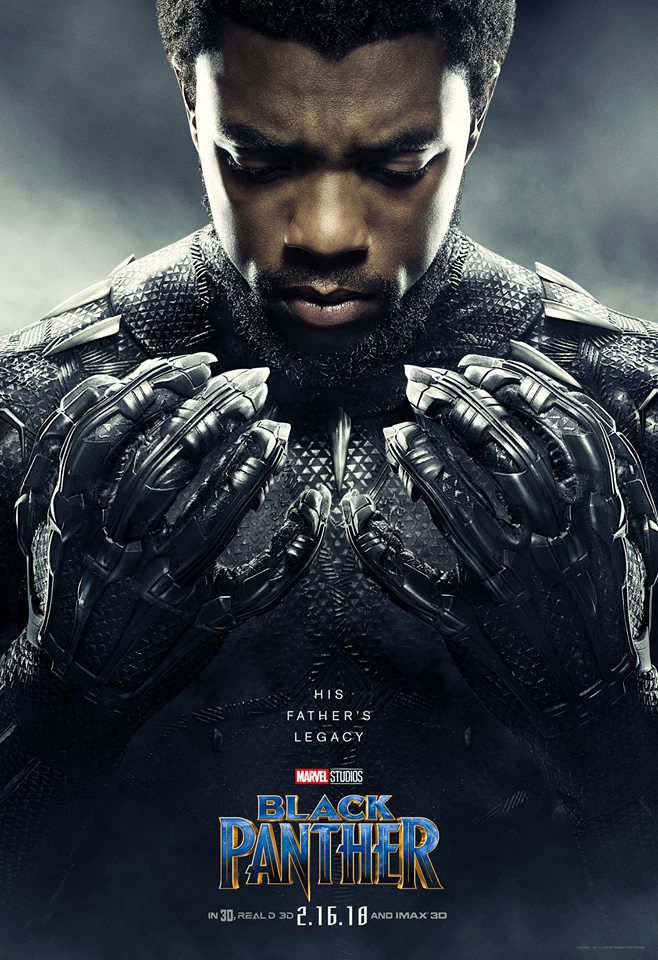
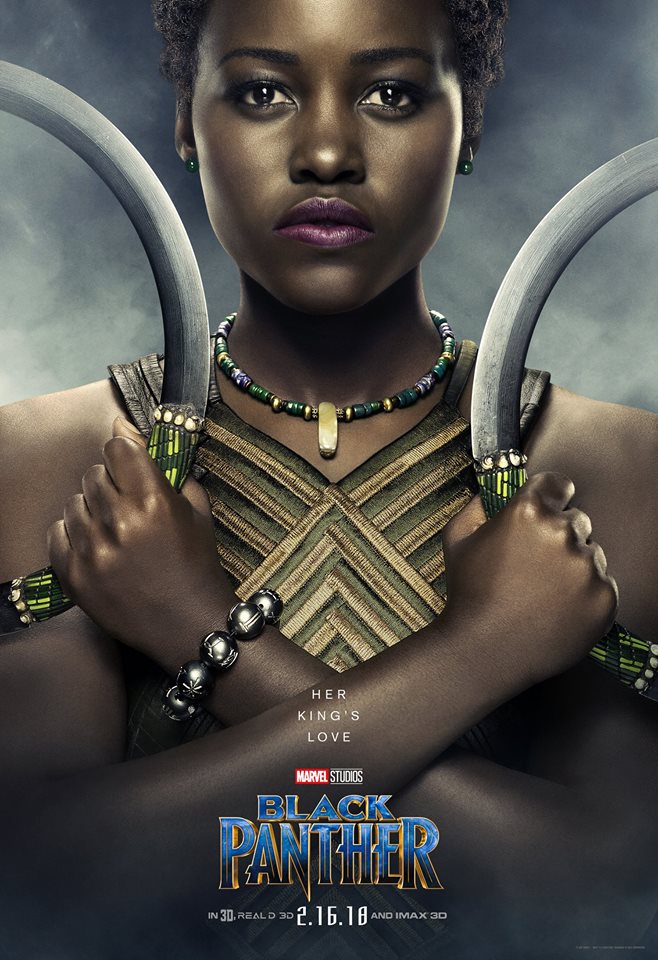
One of the strongest takeaways from this film however was the milestone it represents for diversity and inclusion in the Hollywood film industry and within the mass media generally. This genre mostly showcased white or non-racialized actors as the lead superheroes in movies and comic books. While films in the MCU have already depicted some black superheroes such as the Falcon in Captain America or War Machine in Iron Man, there has yet to be a film centered precisely on a black superhero until Black Panther. This addresses the lack of recognition for black and other forms of racialized representation both on and offscreen in films within media from recent Academy Awards ceremonies.
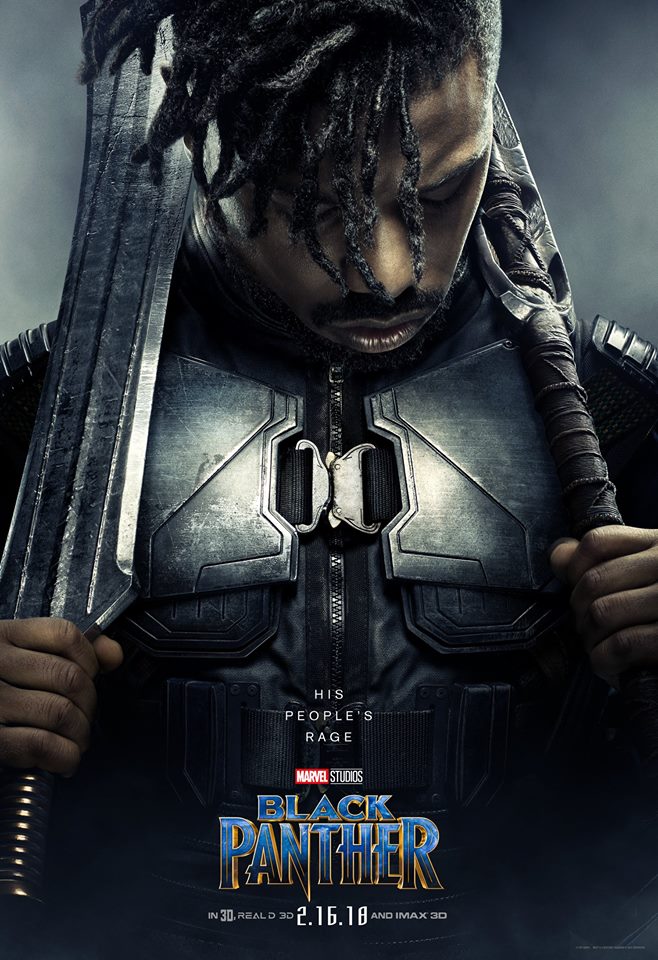
Since its release, this representation has been reflected on society???s wellbeing as well. For example, a GoFundMe campaign was organized to allow children from the Boys and Girls Club in Harlem, New York to see the film. This and media coverage along the same lines sends the signal, in my view, of a sense of belonging in their society, whether it be a country like the United States or Canada today to grow successfully. Black Panther was not your typical superhero film that attracted the average moviegoer. For many, watching this film felt like a duty because of its profound role in advancing integration and equality of black and racialized Americans or Canadians in both mainstream society and media. So, if you have not seen the film yet, make that the next thing on your to-do list.
Contributed by Harrish Thirukumaran.





